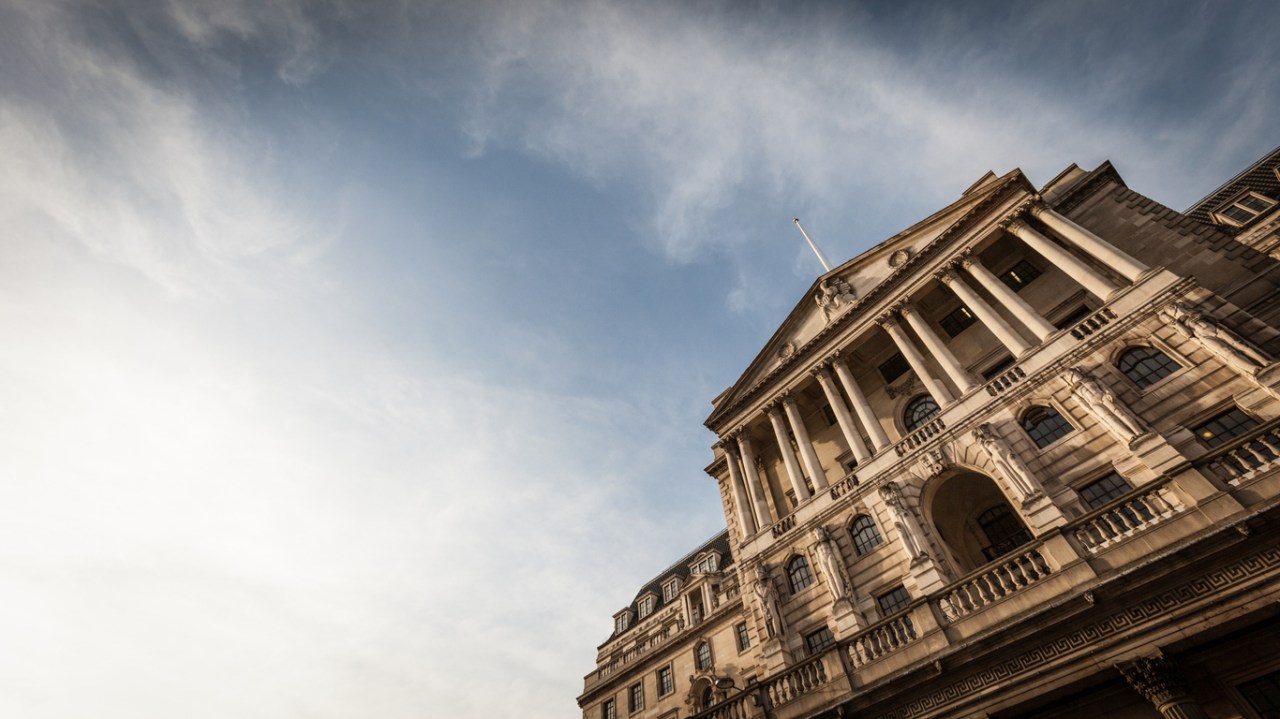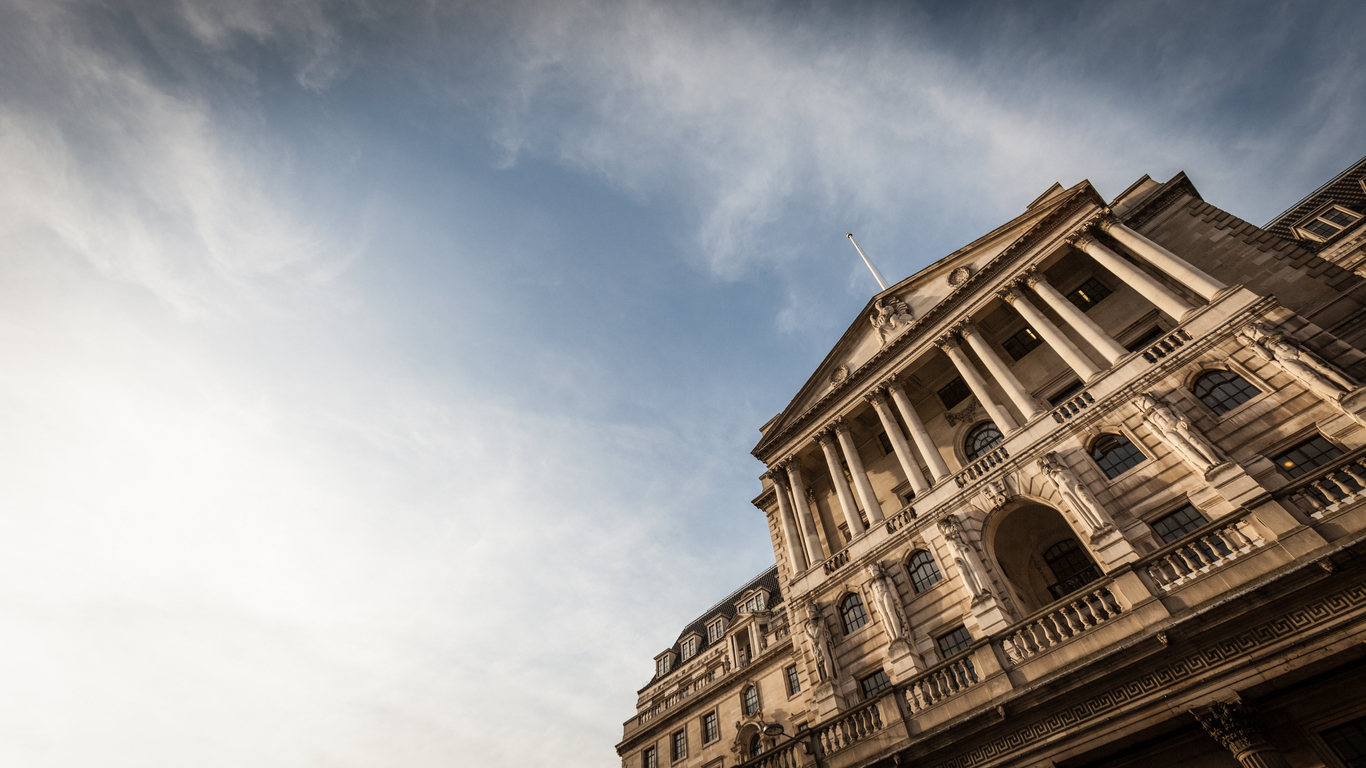The Monetary Policy Committee has voted seven to two to take interest rates to 5 per cent, a 0.5 point increase. Its thirteenth rise in a row takes rates to their highest level in 15 years, and is being described as a ‘shock’ increase, brought in as a response to the rise in core inflation on the year in May, which has hit 7.1 per cent.
The horror of inflation is that it gobbles up your income and your savings
After this week’s dire inflation update, the question wasn’t whether the Monetary Policy Committee would raise interest rates, but by how much. After last week’s labour market update, which saw nominal wages rise at record speed (albeit below the rate of inflation – in real terms, wages are falling), it was expected that the MPC would opt for another 0.25 point increase, but since the inflation data was released, market expectation increased to 0.5.
As it turned out, no one on the committee voted for a 0.25 increase: the majority voted to increase the bank rate by half a point, while two members actually voted to hold the bank rate at 4.5 per cent. This divide reflects the trade-offs that have always existed but have increasingly come to light this week, as it was revealed that average two-year, fixed-term mortgage rates have hit 6 per cent.
The horror of inflation is that it gobbles up your income and your savings; use the tools to tame it – interest rates – and people with mortgages and debt will also see their income gobbled up by higher payments. There is no solution that doesn’t involve quite a lot of pain. And worse is still to come. ‘The greater share of fixed-rate mortgages means that the full impact of the increase in Bank Rate to date will not be felt for some time,’ notes the bank in its Monetary Policy Report today. Interest rate hikes take time to work their way into the system, which means that the crunch on people’s finances is bound to get worse.
This is a hawkish move from a dovish Bank, which has always erred towards moving slower and with caution since this inflation saga began. Having spent so much time insisting that inflation was being driven by external shocks – like the effects on energy costs due to the war in Ukraine – there is clearly more recognition now that the persistent underlying factors in the economy, including the ‘tightness of the labour market’ are driving many of the ongoing price hikes. The ‘committee had continued to judge that the risks around this inflation projection were skewed significantly to the upside,’ the report reads. Today’s 0.5 point rate hike is unlikely to be the last, as the Bank continues to acknowledge its battle with inflation is far from over: 'if there were to be evidence of more persistent pressures, then further tightening in monetary policy would be required.'
The government will be supportive of the Bank’s more aggressive stance today. In response to today’s rate rise, Chancellor Jeremy Hunt has described the ‘resolve’ to get inflation under control as ‘watertight’, as tackling inflation remains both his priority and the priority of the Prime Minister. ‘Halving inflation’ by the end of the year remains one of the government’s five pledges: one that Rishi Sunak voluntarily staked his political reputation on achieving. Chancellor Jeremy Hunt said just weeks ago that he was ‘comfortable’ risking recession with higher interest rates so long as it got price spirals under control.
Even with rumblings of a mortgage crisis, this remains the case. As I note in the magazine this week, there is wider understanding throughout government that any mortgage support scheme would be inflationary. Hunt says he is determined to resist calls for more spending. Any tax break or handout is ‘dead on arrival’, says one Treasury insider. Any spending package risks fuelling inflation, continuing the cycle. ‘The so-called medicine would make the disease worse.’ Labour is insisting the government isn’t doing enough, but so far, the party has not pledged any additional support scheme either.
Today’s 0.5 increase still only takes interest rates to historically normal levels. This is the big fear: in a highly leveraged economy, normal rates are still considered too much for people to bear. Already the blame game is starting, with Transport Secretary Mark Harper suggesting to Sky News that the Bank was slow to take inflation seriously (in contrast to Rishi Sunak, who saw it coming). But it’s unlikely any one party will be able to avoid the heat of higher rates, as the effects really start to sink in.








Comments